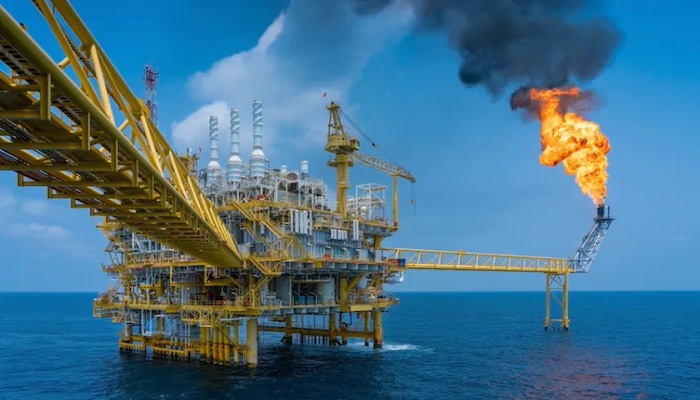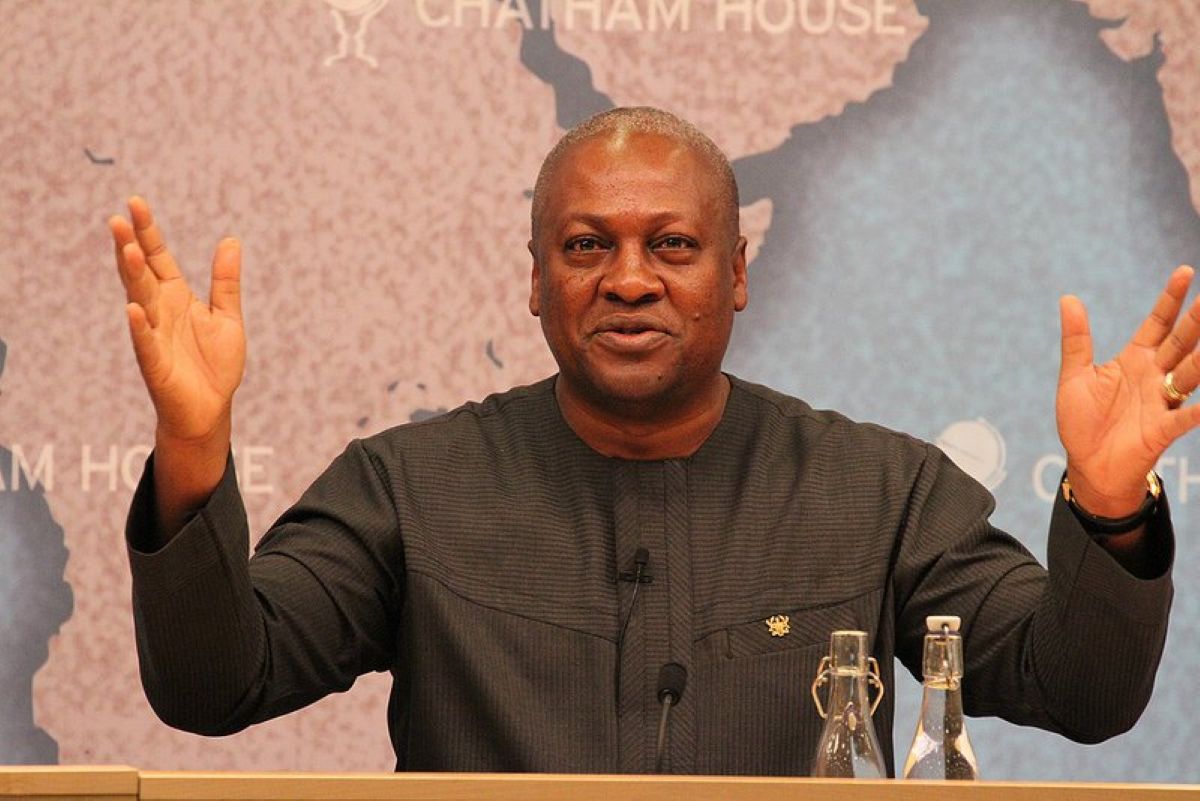Ghana’s President John Mahama on Tuesday called on international corporations to increase crude oil production in the West African country before the global transition to renewable energy devalues the resource.
He warned that Ghana risks having its oil reserves remain untapped if drilling activities are not expedited while demand is still present.
“Oil is in transition. Everybody who has any assets should be pumping like there’s no tomorrow,” Mahama told the Africa CEO Forum in Abidjan, Ivory Coast.
Numerous nations have committed to reducing their reliance on oil and gas to meet global objectives aimed at lowering the carbon emissions contributing to dangerous climate change.
“I will lay a red carpet to anybody who wants to drill and pump oil because in the next decade or two, the world would have made a transition to renewables.” He added.
Mahama, who assumed office in January, accused Nana Akufo-Addo’s former administration of hindering oil exploration through regulatory challenges and conflicts with significant investors such as the British company Tullow and Italy’s ENI.

According to the Public Interest and Accountability Committee, the government body that tracks Ghana’s petroleum revenues, the country’s oil sector has experienced a continuous decline in output.
It reported that crude oil production fell to 48.25 million barrels in 2023 from 71.44 million in 2019, primarily due to decreased investments in new wells. Mahama attributed the departure of several key players to regulatory unpredictability.
Ghana’s significant offshore oil resources include the Jubilee Field, which is managed by Tullow Oil, and the TEN and Sankofa fields, which involve companies like Kosmos Energy, PetroSA, and the state-owned GNPC.
While advocating for extensive oil drilling, Mahama emphasised that Ghana must not forsake its clean energy objectives.
He noted that the country’s Renewable Energy Act mandates that “at least 10 percent of our energy mix should derive from renewable sources.”


 Trending
Trending 
